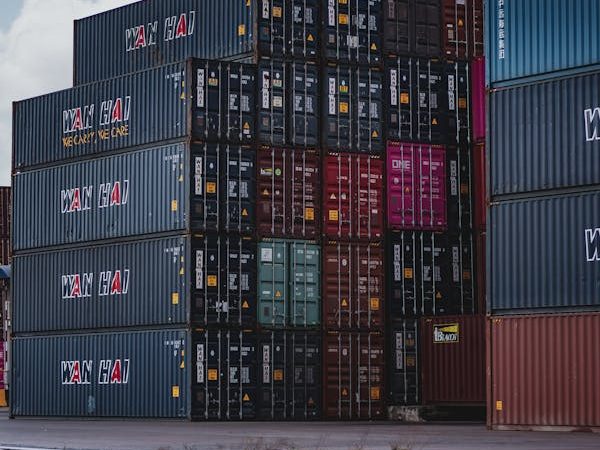
Artificial Intelligence (AI) is revolutionizing logistics by optimizing operations, reducing costs, and improving efficiency. AI-powered systems help businesses manage supply chains more effectively, ensuring smoother transportation and delivery processes.
One major application of AI in logistics is demand forecasting. Machine learning algorithms analyze historical data, market trends, and external factors to predict demand fluctuations. This allows businesses to optimize inventory levels, preventing stock shortages or excess storage costs.
AI also plays a crucial role in route optimization. GPS data, traffic patterns, and weather conditions are analyzed in real time to determine the fastest and most cost-effective delivery routes. This enhances efficiency and reduces fuel consumption.
Warehouse management is another area where AI excels. Automated robots equipped with AI handle sorting, picking, and packaging, increasing speed and accuracy. Smart warehouses utilize AI-driven inventory tracking systems to minimize human errors and streamline operations.
AI-powered chatbots and virtual assistants are transforming customer service in logistics. These tools provide real-time tracking updates, answer customer queries, and resolve complaints efficiently, improving customer satisfaction.
Security and fraud detection in logistics are also benefiting from AI. AI-driven monitoring systems identify potential risks, such as theft, cargo tampering, or cyber threats, ensuring the safety of goods in transit.
As AI continues to evolve, its impact on logistics will only grow. Companies that adopt AI-driven solutions will gain a competitive edge in a rapidly changing industry.
